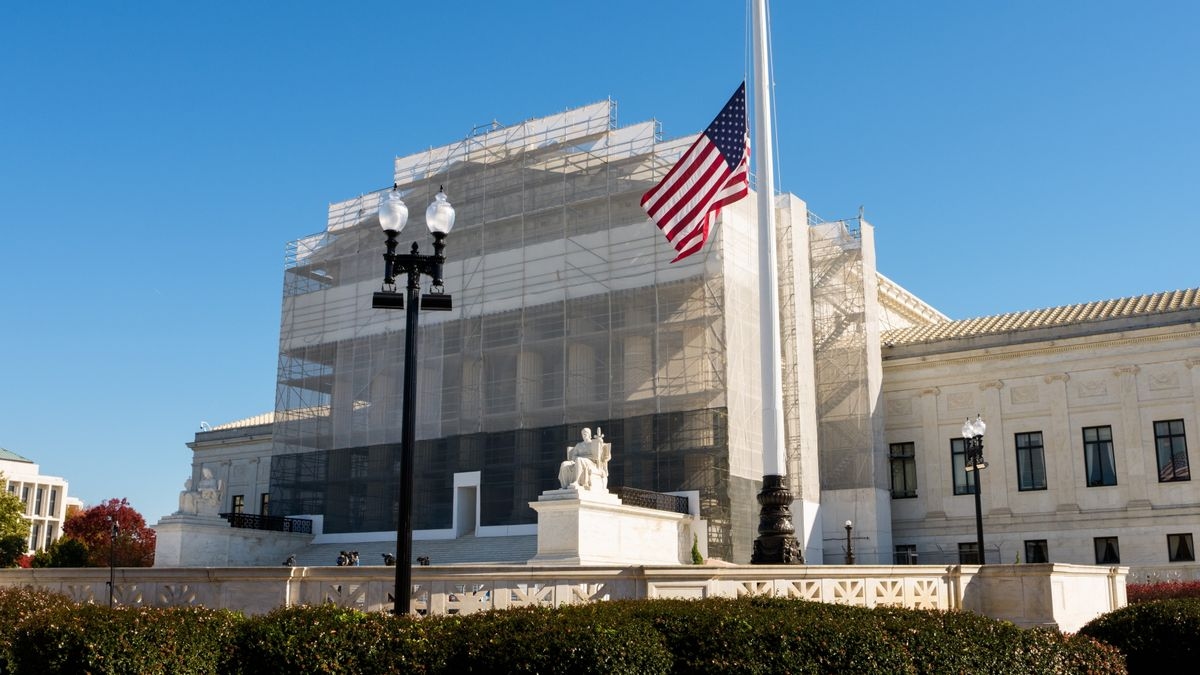Why the German Federal Youth Council sees conscription as a danger to young people

Berlin. The chairwoman of the German Federal Youth Council, Daniela Broda, rejects conscription. "Young people make a significant contribution to the common good – in youth associations, voluntary services, rescue organizations or initiatives," Broda, who will participate as an expert in the Bundestag hearing on the planned military service law on Monday, told the RedaktionsNetzwerk Deutschland (RND).
"They already bear responsibility for society today, without needing to be obligated to do so. Young people don't 'owe' society anything simply because they are young." Furthermore, a forward-looking security architecture focuses "not on short-term recruitment quotas or the revival of outdated structures, but on the development of future-proof and resilient systems."
Daniela Broda, Chairwoman of the Federal Youth Council
She complained: “From the perspective of the German Federal Youth Council, the current draft law falls short of the standards of a modern and age-appropriate security architecture. While the draft emphasizes voluntary participation, political justifications and formulations – for example, regarding the ‘availability’ of younger generations – reveal that a mandatory structure is actually being prepared. This discrepancy and the resulting uncertainty for young people’s personal life planning undermines trust. It conveys the impression that state planning security is being prioritized over individual self-determination – and this at a stage of life already characterized by high levels of social and personal pressure.”
Young people today are under considerable pressure. They continue to bear the consequences of the COVID-19 pandemic, which has severely restricted their educational and developmental opportunities. Psychological stress and anxieties about the future are increasing because global crises, climate change, and economic developments are creating additional instability. In this complex present, where stability and orientation are already scarce, government intervention in individual life choices weighs all the more heavily.
The CDU/CSU and SPD are currently negotiating the precise details of the law, which is scheduled to come into effect on January 1st. A key point of contention is the question of under what circumstances and in what form a mandatory service obligation could apply. In addition to Broda, military historian Sönke Neitzel, three active or former Bundeswehr soldiers, and Quentin Gärtner, Secretary General of the Federal Student Conference, have been invited to the Bundestag hearing. The Federal Youth Council is an umbrella organization of German youth associations.
rnd



